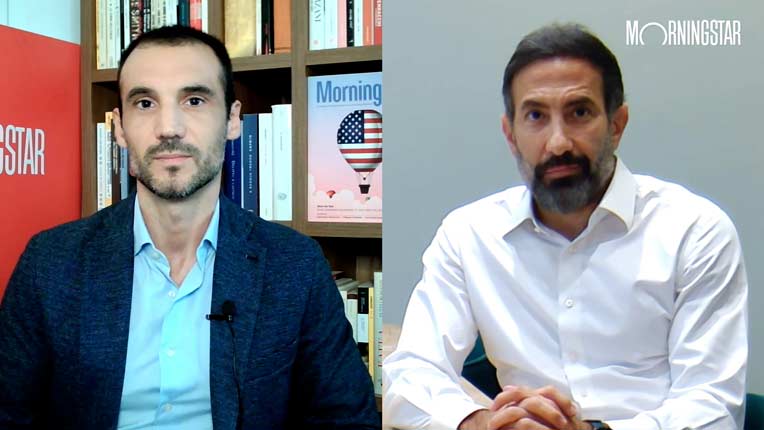Professional investors are set to up their clients’ exposure to emerging markets in the coming months – as fears surrounding slower growth and volatility subside.
According to Barings Asset Management, two fifths of financial advisers are urging investors to increase exposure to emerging market indices, which have lagged developed markets over the past two years.
Seventy per cent of advisers said they felt favourable towards the region – and more than half said they were bullish about frontier markets.
Barings is not alone in its findings. Norwegian asset manager Skagen has called the top of the US stock market rally and said investors should instead plump for emerging market stocks. Kristoffer Stensrud who runs Skagen’s $8 billion emerging market fund said elections in the Middle East, Asia and Africa will provide a boost to markets.
Craig Botham, emerging markets economist at Schroders said the large emerging market economies exposed to higher US yields – the Fragile Five economies of Brazil, India, Indonesia, South Africa and Turkey – all have important elections this year.
“Elections could prove a trigger for positive reform efforts,” he said. “Democracy does not lend itself to painful decisions in the run up to elections, but the immediate post-election period is often when governments feel they have the strongest mandate to effect change."
Last week several emerging economies saw equity and bond markets fall – as well as a drop in currency values. The trigger for the decline was the Federal Reserve confirmed it would taper quantitative easing by a further $10 billion.
While this had a short term impact on emerging markets, these equities look attractive on both a relative and historic basis. While growth has slowed in many emerging economies the fundamentals are still supportive for investment.
In fact the gap between emerging market and developed market equity valuations is the largest it has been in almost a decade.
Not everyone is convinced that we have seen the bottom of the emerging market cycle however.
Kevin Gardiner, of Barclays Wealth and Investment Management said: “We think it is probably too soon to turn tactically more positive on the emerging world. We are most wary of emerging bonds and currencies: stocks look better value, but even there we think it may be premature to turn tactically positive, even after their further slide in the New Year.”
Part of the problem is the disconnection between emerging markets and developed economies.
“US growth has been self-centred and domestic and has contributed to the weakness in emerging markets over the past couple of years. Unlike in the past, a growing US economy did not mean a rise in imports from emerging markets which would have boosted their markets,” Frédéric Leroux of European asset manager Carmignac Gestion said at a press conference in Paris last week.
Investment director for Fidelity, Tom Stevenson said that developed and developing worlds have been moving apart for quite some time now.
“For all that the gyrations in emerging markets might be blamed on quantitative easing tapering, it looks like other forces such as the China slowdown were at work long before Ben Bernanke first mentioned tapering,” he said. “The emerging market retreat confirms that developed markets will continue to outperform this year.”





























